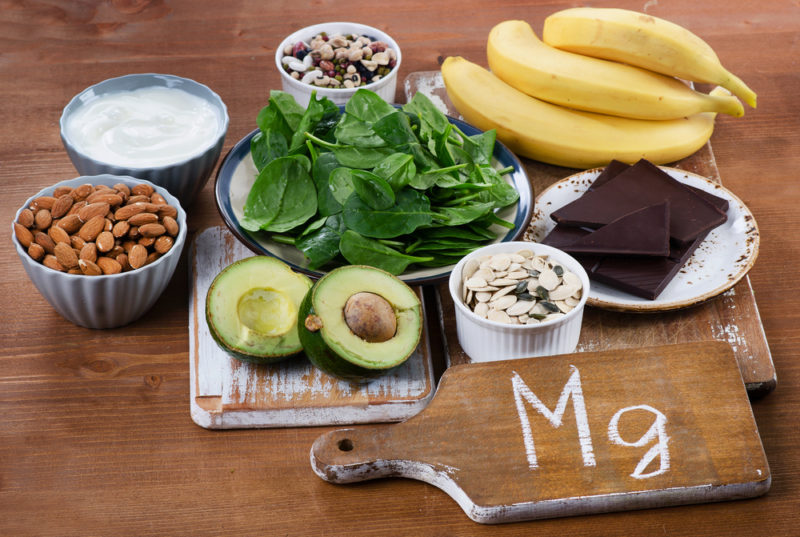Fibromyalgia is a disorder characterized by widespread pain, accompanied by fatigue, sleep memory and mood issues. Researchers believe that the way the brain processes pain signals is amplified in fibromyalgia sufferers. Symptoms may begin after a physical trauma, surgery, infection or significant stress, or they may accumulate gradually with no triggering event. Living with fibromyalgia can be painful, stressful and debilitating.
Here are 10 ways to help reduce fibromyalgia pain and inflammation, and regain control:
1. Regulate Vitamin D
Vitamin D is a fat-soluble vitamin that effects the proper functioning of nerves and muscles. Those suffering from chronic pain often have low levels of Vitamin D. Regulating your Vitamin D levels may help the body regain proper functioning of muscle fibers and lessen pain. Getting a little sunshine is the best way to provide your body with Vitamin D, but it can also be found in salmon, fortified milk and fortified orange juice.
2. Supplement With D-Ribose
D-Ribose is a supplement that provides high amounts of intracellular energy for the muscles to help stop pain. An increase in energy can also help to relieve the fatigue that many fibromyalgia sufferers experience.
3. Make Magnesium Part of Your Diet
Magnesium is part of many reactions in the body, and a deficiency can lead to muscle aches. Magnesium is able to relax the muscles and the nervous system to help reduce stress and elevate mood. Magnesium-rich foods include spinach, pumpkin seeds, yogurt, almonds, black beans, avocados, dark chocolate and bananas.

4. Consider Bowen Therapy
Bowen therapy is a soft-tissue activation technique that works on the fascial layer sitting on top of the muscles. Those suffering from fibromyalgia may have problems with this layer that leads to pain in the underlying muscle layer.
5. Try Acupuncture
Acupuncture therapy stimulates blood flow and helps nutrients reach trigger points to reduce pain. It can also be used as a relaxation tool to reduce stress and promote better sleep, and it’s been shown to be more effective than some drugs for pain relief.

6. Avoid Allergens
Allergens can create low-grade inflammatory immune reactions that lead to pain and discomfort in the body. If you are allergic or sensitive to a certain food or any other substance, it’s important to avoid it.
7. Cut Out Sweets
Sugar can activate inflammatory processes in the body which can lead to pain. Sugary foods can also cause fatigue and fogginess. Cutting added sugar out of your diet may help reduce chronic pain.

8. Eat Vegetables
Researchers believe that choosing more vegetarian foods can help reduce pain in those suffering from fibromyalgia. The minerals and vitamins in vegetables work wonders on the body, and less energy is needed to break down vegetables, compared to meat.
9. Get Enough Sleep
Sleep is a vital tool in maintaining health, especially for those suffering from fibromyalgia. Instead of the standard 8 hours, fibromyalgia sufferers should aim for 9-10 hours of sleep each night, to help the body recover and repair.
Give THIS a try to help your symptoms!
If you need a little help falling asleep and staying asleep, try the natural remedy below!
https://www.facebook.com/DavidAvocadoWolfe/videos/10153456381356512/
Sources:
David Wolfe
David Wolfe
NCBI
Mayo Clinic


